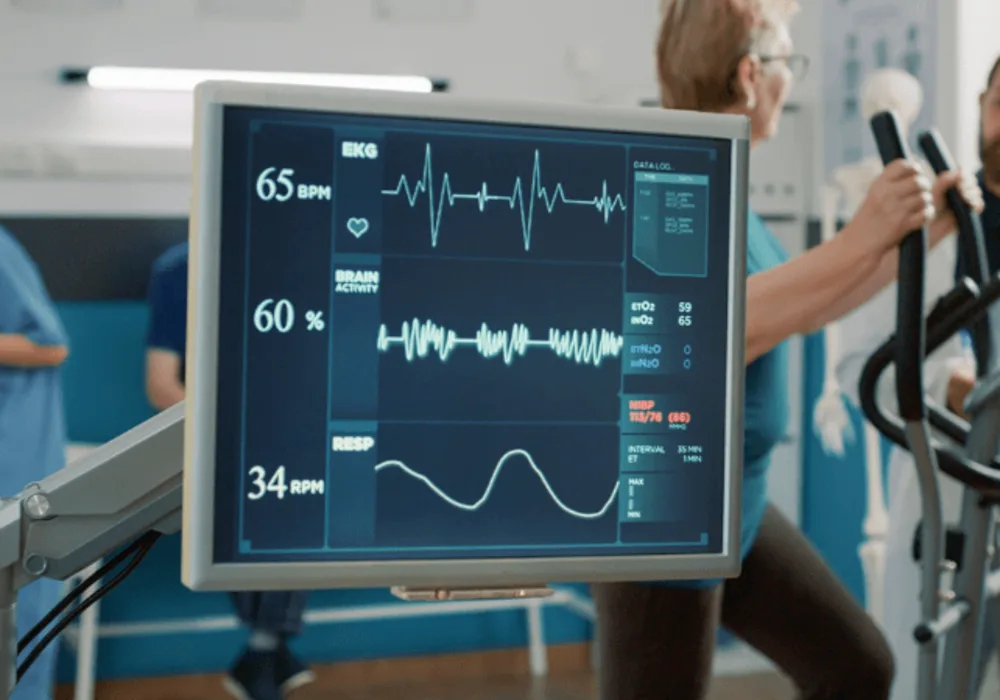In the realm of healthcare, early identification of high-risk patients can significantly enhance treatment outcomes. However, implementing such identification methods poses challenges. A groundbreaking study has now demonstrated the potential of artificial intelligence (AI) in this domain. This study published in Nature Medicine evaluated the efficacy of an AI-enabled electrocardiogram (ECG) in identifying hospitalised patients at a high risk of mortality, with promising results.
AI-ECG Alert Intervention shows impact on Reducing Mortality Rates
The study, conducted through a multisite randomised controlled trial involving 39 physicians and 15,965 patients, implemented an AI-ECG alert intervention. This intervention included AI-generated reports and warning messages delivered to physicians, flagging patients predicted to be at high risk of mortality. The primary outcome of the trial was a significant reduction in all-cause mortality within 90 days. The results were compelling: the intervention group exhibited a 17% reduction in all-cause mortality compared to the control group, with only 3.6% of patients in the intervention group succumbing within the specified timeframe, compared to 4.3% in the control group.
Most significant benefits among high-risk patients
Remarkably, the most significant benefits were observed in patients identified as high-risk based on their ECG readings. This subgroup experienced a remarkable 31% reduction in deaths, translating to an absolute saving of 7 lives per 100 patients – a figure comparable to the effectiveness of some of the most potent medical interventions available, such as statins for secondary prevention. Furthermore, the benefits extended across various patient subgroups, indicating the robustness and versatility of the AI-ECG alert system. Patients in the intervention group with high-risk ECGs received increased levels of intensive care compared to the control group, further highlighting the proactive response triggered by the AI alert.
Further research needed to unravel the impact of AI alerts
Despite these promising results, the study encountered limitations. While the AI-ECG alert prompted timely clinical care and heightened awareness of risk, the precise mechanisms underlying the reduction in mortality remain unclear. Patients identified as high-risk by the AI-alert succumbed to a variety of causes, not limited to heart attacks or arrhythmias. This limitation underscores the need for further research to elucidate the specific pathways through which AI interventions impact patient outcomes comprehensively. Nonetheless, this study represents a significant milestone in the integration of AI into medical practice. While previous trials have demonstrated improved detection or accuracy endpoints, this study goes further by directly impacting patient mortality rates. The findings underscore the potential of AI-enabled technologies to revolutionise patient care, prompting timely interventions and ultimately saving lives.
The implementation of AI-enabled ECG alerts marks a paradigm shift in healthcare, offering a powerful tool for identifying and managing high-risk patients. While further research is warranted to unravel the precise mechanisms of benefit, the study's results herald a new era in medical AI, where technology plays a pivotal role in improving patient outcomes and reshaping clinical practice.
Source: Nature Medicine
Image Credit: iStock






